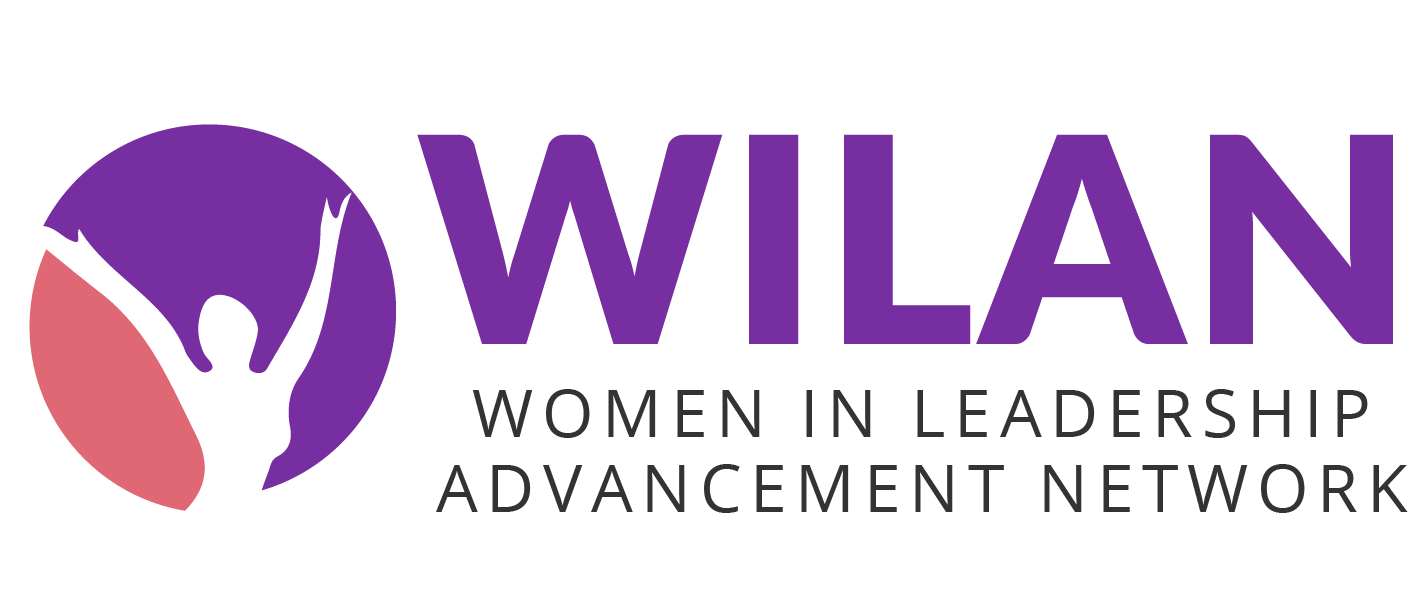Healthcare is a fundamental right, yet many Nigerians struggle to access quality medical services. With a large percentage of the population uninsured and high out-of-pocket expenses, Health Policy plays a crucial role in shaping a system that serves everyone. This episode of The Leading Woman Show’s Policy Series dives into how Health Policy affects Nigerians, the gaps in implementation, and the actions needed to improve the system.
The experts shaping this important conversation are: Vivian Ihekweazu, an Health Policy Specialist and Managing Director of Nigeria Health Watch, Dr. Husseini Abdu, a Development Practitioner, Policy Strategist, and Country Director of Care International, Dr. Lola Mabogunje, a seasoned Development Expert specializing in Maternal and Child Health System Strengthening and Advocacy.
Together, they unpack the progress, challenges, and opportunities within Nigeria’s healthcare landscape.
Health Policy: The Backbone of a Functional Healthcare System
Health Policy is more than just paperwork—it’s the foundation that connects citizens to the healthcare system. It determines access, quality, and affordability of services. A well-structured policy framework ensures that healthcare is not a privilege for a few but a right for all.
Policies like the National Health Insurance Authority Act are steps in the right direction, aiming to provide safety nets for Nigerians. However, gaps in implementation mean that millions remain uninsured, and healthcare remains out of reach for the most vulnerable. Ensuring that policies are enforced and accessible to everyone is key to a healthier Nigeria.
Expanding Health Insurance: Moving from Voluntary to Mandatory Coverage
Nigeria has transitioned from a voluntary health insurance scheme in 2004 to a mandatory one in 2022, aiming to expand coverage and provide healthcare access to vulnerable groups. However, despite these efforts, less than 10% of Nigerians are covered by health insurance. Of those, the majority work in the formal sector, while only about 1% of the informal workforce is covered. This is concerning, given that Nigeria’s economy is largely informal, with over 67% of the population working outside traditional employment structures.
Without proper enforcement of mandatory insurance policies and funding for vulnerable groups, millions will continue paying for healthcare out-of-pocket—one of the biggest financial burdens on Nigerian households. Addressing this gap is crucial to making healthcare accessible for all.
Policy Implementation: More Than Just Good Intentions
Nigeria has no shortage of policies, but implementation is where things often fall apart. Many policies are drafted and passed but remain ineffective due to poor execution. Citizens often don’t even know what policies exist, making advocacy difficult. Proper implementation requires funding, well-equipped facilities, trained healthcare workers, and awareness campaigns to educate the public on their rights and entitlements.
A functional healthcare system isn’t just about policies on paper—it requires real investment in infrastructure, staffing, and accountability measures to ensure policies translate into action. Without this, policies remain theoretical, and Nigerians continue to suffer from inadequate healthcare services.
Breaking Barriers: Addressing Inequalities in Healthcare Access
Healthcare access in Nigeria is not equal. Where you live, how much you earn, and even your gender can determine the kind of care you receive. Rural communities often have limited access to hospitals and healthcare professionals, with services concentrated in urban areas. This geographical divide means millions of people in remote areas struggle to get even basic medical care.
Gender disparities also play a role. In some regions, women need permission from their husbands to seek healthcare, making it difficult to access services when needed. Additionally, maternal health remains a crisis in Nigeria, with high mortality rates due to inadequate healthcare facilities and cultural barriers.
For Health Policy to truly work, it must address these inequalities. Policies should prioritize rural healthcare development, ensure gender-sensitive approaches, and focus on making healthcare accessible regardless of socioeconomic status.

The Financial Burden: Out-of-Pocket Costs and Social Safety Nets
A staggering 80% of healthcare expenses in Nigeria are paid out-of-pocket—one of the highest rates in Africa. This means that for many Nigerians, getting medical care depends on their financial situation at the time. Those who can’t afford treatment simply go without it, leading to preventable deaths and worsening health outcomes.
Comparatively, countries like Rwanda have achieved 90% health insurance coverage, significantly reducing out-of-pocket expenses. Nigeria needs to follow suit by strengthening health insurance policies, expanding enrollment, and ensuring proper funding for vulnerable populations. The National Social Register, which tracks vulnerable groups, could be leveraged to provide health insurance coverage and financial aid to those who need it most.
Advocacy and Collective Action: What Can Nigerians Do?
Change doesn’t happen in isolation. Citizens must take an active role in pushing for better Health Policy implementation. Here’s how:
- Know Your Rights: Awareness is key. Understanding existing health policies helps individuals advocate for their rights and demand accountability from policymakers.
- Engage with Local Health Systems: Primary Healthcare Centers (PHCs) are meant to be the first point of access for many Nigerians. If your local PHC is non-functional, report it and demand improvements.
- Use Social Media for Advocacy: The power of digital platforms cannot be overstated. Social media can amplify voices, highlight healthcare issues, and pressure authorities to take action.
- Hold Leaders Accountable: Policies won’t work if leaders aren’t held responsible for their implementation. Citizens can engage in campaigns like Make Your Hospital Work to demand better services.
The Road Ahead: Strengthening Health Policy for a Healthier Nigeria
Health Policy has the potential to transform lives—but only if it’s effectively implemented and made accessible to all. Ensuring that every Nigerian, regardless of income level or location, can access quality healthcare should be a national priority. With strong advocacy, proper funding, and accountability, Nigeria can move towards a healthcare system that truly serves its people.
The conversation doesn’t end here. Stay informed, get involved, and push for a healthcare system that works for all. Follow The Leading Woman Show for more discussions on policy, leadership, and the future of healthcare in Nigeria.







